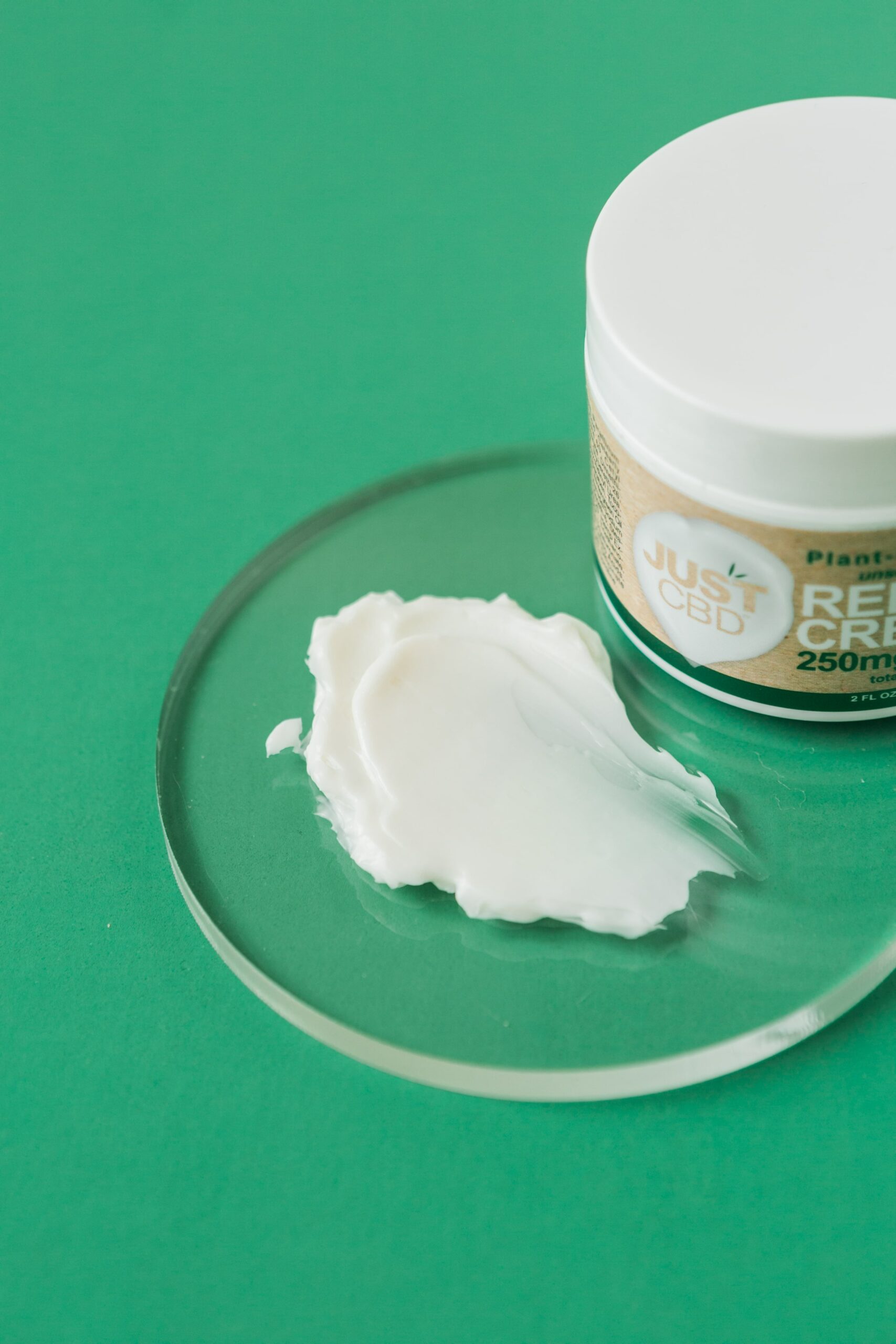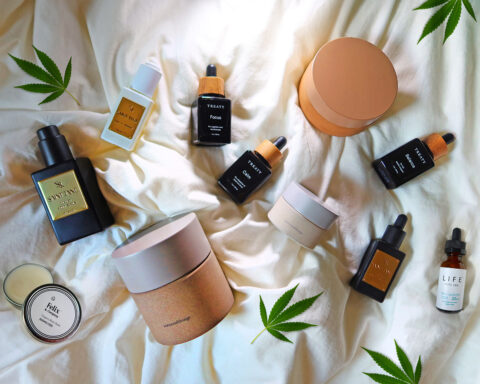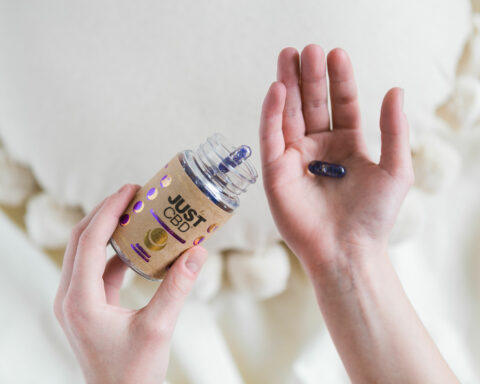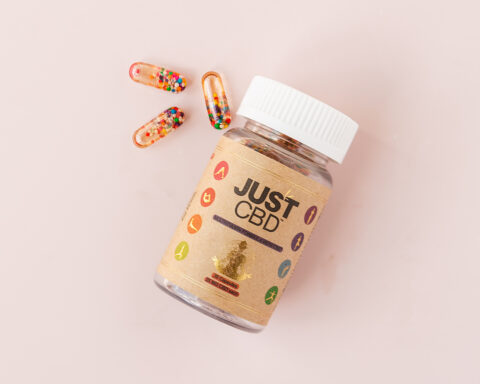How best can athletes use CBD products? Is it legal for athletes to use CBD products for their benefits? What are the benefits of using topical CBD by athletes? This article explains how best athletes can use topical CBD.
Since its legalization in 2018, CBD has gained popularity with medical researchers and the general masses. It is commonly preferred for its calming effects and reducing pain and inflammation, but is it good for athletes? This article discusses the potential benefits of athletes using CBD.
There are over one hundred cannabinoids that have been identified and profiled to date. Cannabidiol, CBD, is a non-psychoactive cannabinoid that binds to endocannabinoid receptors in the body to alter how it functions. CBD specifically binds to TRPV1 and DDR2 receptors, widely distributed in the body and the brain. CBD effectively reduces pain, inflammation, anxiety, and stress and boosts an individual’s mood. Athletic programs often involve rigorous training schedules to keep one ahead of the game. However, this comes with perks such as muscle pain and cramps, which may hinder effective training.
Is CBD Legal For Athletes
Cannabis (CBD) has been cleared by the World Anti-Doping Agency (WADA) as a forbidden drug for both competition and non-competition use. The US Anti-Doping Agency (USADA) followed suit, creating a website page to clarify the rules regarding the restrictions. It effectively made it legal to use CBD by athletes. However, there is one major issue: CBD was the only substance removed from the restricted list. THC, the psychoactive component of marijuana and synthetic cannabinoids, is still illegal in competition. The higher threshold is intended to reduce the possibility of an athlete testing positive for recreational use outside of competition. Therefore, it is completely legal to use.
Benefits Of Using Topical CBD By Athletes
Athletes can use CBD for the following reasons:
Reducing Pain
Athletes often do intensive workouts, which may lead to muscle soreness, affecting an athlete’s performance. Long hours of working out can accumulate various waste products in the muscles, resulting in muscle soreness. Okusanya et al. (2020), cannabidiol has long been used for analgesic qualities in a wide range of pain problems. CBD use may help with edema and hyperalgesia by acting directly on the central nervous system and causing calming effects. According to Jesus et al. (2019), the concept of CBD as an antinociceptive medication is based on its efficacy in treating pain related to proinflammatory cytokine production due to the activation of various vanilloid receptors, which can lead to antinociceptive effects, thereby reducing pain perception. CBD has the potential to suppress presynaptic neurotransmitters and the release of neuropeptide enzymes; Lueptow et al. (2018) stated that it could modify postsynaptic neuronal excitability, activate the descending inhibitory pain pathway, and decrease neuroinflammatory signaling. Therefore, athletes can often use CBD to reduce pain associated with working out or after completing a competition such as the Olympics.
Reducing Inflammation And Cell Proliferation
Exercises with a large component of eccentric contraction, in particular, are potentially and particularly harmful to the sarcolemma. This injury occurs due to a breakdown in the permeability of the muscle cell membrane and basal lamina. According to Scassellati et al. (2018), 300 mg of CBD has elicited alterations in glucocorticoids such as cortisol, one of the key homeostatic regulators of the inflammatory response to injury. It is corroborated by a recent narrative review in sports, which suggests a potential anti-inflammatory impact in humans and a function in athlete performance. This confirmation is presumably based on CBD’s ability to interact with receptors involved in inflammation management such as CB1 cannabinoid, CB2 cannabinoid, and adenosine A2A and also in lowering the levels of some cytokines, such as interleukin, tumor necrosis, and downregulating over-reactive immune cells, all of which help to reduce the impact of collateral inflammatory damage to tissues. Sivesind et al. (2022) explained that CBD has the potential to enhance the production of arachidonic acid, resulting in increased healing capacity as a result of central modulation of growth signals mediated by pro-resolving chemicals like lipoxin.
A Better Alternative To NSAIDs
For decades, athletes have used over-the-counter nonsteroidal anti-inflammatory medicines (NSAIDs) like ibuprofen and naproxen sodium. Still, they may not be as safe as they were once thought to be. Due to the increased risk of kidney impairment, long-distance athletes are often recommended to avoid NSAIDs during long training sessions and race hours. Even if the workouts and events are brief, long-term or frequent usage of NSAIDs may increase an athlete’s chance of heart attack or stroke. Close et al. (2021), some athletes have found out that the pain-relieving impact of CBD can reduce or eliminate their use of NSAIDS for exercise-related pain while causing minimal side effects as there have been no documented deaths from cannabis or cannabinoid-based products. A systematic review of studies on dermal and trans-dermal cannabis application for various conditions indicated no cause of death related to CBD, even though most of the effects reported were not that serious.
Promotes Sleep
Getting more and better sleep is one of the most effective techniques for athletes to improve their training results. Anecdotally, CBD athletes report easier sleep and a more restful night’s sleep. The explanation for this is that CBD inhibits adenosine reuptake. The breakdown of adenosine triphosphate (ATP) occurs as your brain uses carbohydrates for energy. Adenosine gradually accumulates in the brain after exercise due to this breakdown. Adenosine binding to neurons increases, which limits the release of sleep-promoting hormones, which would otherwise increase brain activity. CBD binds to these neurons in the brain rather than ATP molecules, making you feel calmer and causing you to sleep. As you sleep, your body metabolizes adenosine, and low quantities of adenosine help you wake up in the morning feeling refreshed.
Conclusion
CBD possesses numerous benefits to the body of an athlete. Athletics involves rigorous training regimes that may cause pain and inflammation in various body parts. CBD transdermal patches can help reduce these side effects and boost their recovery after an event or workout. CBD may be useful in replacing NSAIDS and opioid-related pain medications. However, it is advisable to consult your coach or medical team before using topical CBD for pain relief.
References
Close, G. L., Gillham, S. H., & Kasper, A. M. (2021). Cannabidiol (CBD) and the athlete: Claims, evidence, prevalence, and safety concerns. Sports Science Exchange, 213.
Jesus, C. H. A., Redivo, D. D. B., Gasparin, A. T., Sotomaior, B. B., de Carvalho, M. C., Genaro, K., … & da Cunha, J. M. (2019). Cannabidiol attenuates mechanical allodynia in streptozotocin-induced diabetic rats via serotonergic system activation through 5-HT1A receptors. Brain Research, 1715, 156-164.
Lueptow, L. M., Fakira, A. K., & Bobeck, E. N. (2018). The contribution of the descending pain modulatory pathway in opioid tolerance. Frontiers in neuroscience, 886.
Okusanya, B. O., Asaolu, I. O., Ehiri, J. E., Kimaru, L. J., Okechukwu, A., & Rosales, C. (2020). Medical cannabis for the reduction of opioid dosage in the treatment of non-cancer chronic pain: a systematic review. Systematic reviews, 9(1), 1-8.
Scassellati, C., Galoforo, A. C., Esposito, C., Ciani, M., Ricevuti, G., & Bonvicini, C. (2021). Promising intervention approaches to potentially resolve neuroinflammation and steroid hormone alterations in Alzheimer’s disease and its neuropsychiatric symptoms. Aging and Disease, 12(5), 1337.
Sivesind, T. E., Maghfour, J., Rietcheck, H., Kamel, K., Malik, A. S., & Dellavalle, R. P. (2022). Cannabinoids for the Treatment of Dermatologic Conditions. JID Innovations, 100095.
- Chickpeas vs. Garbanzo Beans: What’s the Difference? - April 19, 2024
- How to Manage or Improve Anxiety - September 21, 2023
- The birth of a company - July 29, 2023









